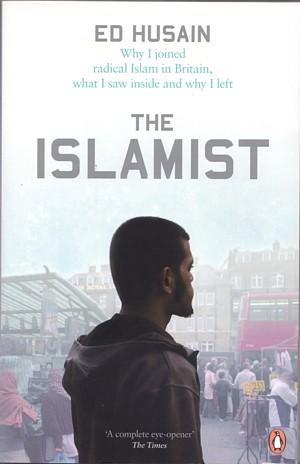
Mohammed M. Husain s-a născut în Anglia, la mijlocul anilor ’70, din părinţi imigranţi din subcontinentul indian. Autobiografia sa intitulată Islamistul şi publicată în 2007 este prima carte scrisă de un fost extremist islamic britanic. Evoluţia lui Ed Husain e simptomatică pentru numeroşi copii ai primei generaţii de imigranţi musulmani de după al doilea război mondial. Dacă pentru părinţi religia era o experienţă personală şi spirituală, pentru urmaşii lor a devenit una militantă şi politică. Cum şi de ce sînt două întrebări la care experienţa rememorată a autorului dă un răspuns exhaustiv şi general valabil pentru generaţia sa. Fenomenul transformării unei religii în sistem totalitar şi mecanismele de îndoctrinare descrise de Ed Husain continuă neabătut şi în prezent. Trăim o poveste neterminată, cu consecinţe grave pentru viitorul nostru, indiferent cum aş alege să-l definesc pe acest vag noi. Umanitatea comună este fracturată de o viziune complet străină de ceea ce ne leagă ca fiinţe umane ale secolului 21. Voi reda aici o serie de fragmente extinse din carte, în deplină cunoştinţă a faptului că încalc dreptul de copyright al autorului. E nevoie ca această confesiune să fie cunoscută de cît mai mulţi. Iar dacă poţi, cumpără această carte.

Made in England
My earliest memories are fond recollections of school trips to the green, serene English countryside. I remember the uninhibited joy of walking along the coast in Upnor, being invited aboard cheerfiil anglers’ small boats, and devouring fish and soggy chips together. I recall a visit to the New Forest, removing mud from our Wellington boots at streams, swimming in rivers, and drinking hot chocolate together at night around the hearth of an old, creaky floor-boarded hut. Our teachers would read from Roald Dahl’s Big Friendly Giant or Kipling’s jungle Book and then send us off to sleep for the night in rows of bunk beds inside large wooden dormitories set in a forest clearing. Often Susie Powlesland, our elegant head teacher complete with a disciplinarian streak and half-moon reading glasses, would come to tuck us in, dispensing goodnight kisses as required.
Sir William Burrough primary school in Limehouse was almost an extension of my home. The teachers would often visit my parents and I remember going to Ms Powlesland’s house to pick cherries in her garden. She loved her pupils so much that even her social life revolved around us. At weekends she often took us to theatres in the West End, where many of the stories we read in class came alive on stage. My particular favourite was Peter Pan. I liked his ability to do the undoable: to fly.
Growing up in Britain in the 1980s was not easy. Looking back, I think Ms Powlesland was trying to create her own little world of goodwill and kindnes for the children in her care. We grew up oblivious of the fact that large numbers of us were somehow different – we were ‘Asian’. The warmth of the English fishernien in Upnor did not exist in the streets of east London.
‘Pakis! Pakis! F– off back home!’ the hoodlums would shout. The National Front was at its peak in the 1980s. I can still see a gang of shaven-headed tattooed thugs standing tall above us, hurling abuse as we walked to the local library to return our books. Ms Powlesland and the other teachers raced to us, held our hands firnily, and roared at the hate-filled bigots.
‘Go away! Leave us alone,’ they would bellow to taunts of ‘Paki lovers’ from the thugs. Little did I know then that one day I, too, would be filled with abhorrence of others.
The colour-blind humanity of most of my teachers, strength in the face of tyranny, taught us lessons for the rest of our lives. Britain was our home, we were children of this soil, and no amount of intimidation would change that – we belonged here. And yet, lurking in the background were forces that were preparing to seize the hearts and minds of Britain’s Muslim children.
I was the eldest of four, with a younger brother and twin sisters. My father was born in British India, my mother in East Pakistan, and we children in Mile End. My father arrived in England as a young man in 1961 and spent his early days as a restaurateur in Chertsey, Surrey. In ethnic terms I consider myself Indian, lamenting the hasty post-colonial blunder of creating two Pakistans. Somewhere in my family line there is also Arab ancestry; some say from Yemen and others the Hijaz, a mountainous tract of land along the Red Sea coast in Arabia.
This mixed heritage of being British by birth, Asian by descent, and Muslim by conviction was set to tear me apart in later life.
I remember my father used to buy us fresh cakes from a Jewish baker in Brick Lane. Our Koran school building had inherited mezuzahs on the door panels, which our Muslim teachers forbade us from removing out of respect for Judaism. My birthday, a family event at our home, is on Christmas Day. My mother would take us to see Santa Claus every year after the school Christmas party. We made a snowman in our garden, lending it my mother’s scarf. Opposite our childhood home in Limehouse, a three-storey Victonan terrace, stood Our Lady Immaculate Catholic church with a convent attached. We were friends of the sisters; our car was parked beside the nunnery every night. We helped out in the church’s annual jumble sale. There was never any question of religious tension, no animosity between people of differing faiths. My mother still speaks fondly of her own childhood friends, many of whom were Hindu. But as I grew older, all that changed. The live-and-let-die world of my childhood was snatched away.
My parents were strong believers in single-sex education; Ms Powlesland was adamantly opposed to it. She spent hours trying to explain to my parents that I should be sent to a co-educational secondary school. She visited us at home on evening and tried to persuade my parents that attending Stepney Green, the nearest boys’ school, was not right for me.
‘He’s an intelligent boy,’ she said. ‘Send him to a better school.’
‘Stepney Green is a boys-only school He will be able to study without distraction. The other schools are mixed and I don’t think that is a conducive environment for education,’ my father responded.
My first year at school was the worst year of my life. Unhappy and with hardly any friends, I became withdrawn and very introverted. I would talk quietly to myself most of the time. When I discovered Kevin Arnold from the Wonder Years, I drew comfort from the fact that here was another kid who always stood out from the crowd and talked to himself. Nevertheless I hated going to school.
My father’s intellectual preoccupations were not limited to history and politics. A key part of his life, from a very young age, had been religion. He often told me that his family, particularly on his mother’s side, were pious, saintly individuals. His maternal uncle had been a disciple of a famous sage from Badrpur, a district in the Indian province of Assam. Following in his footsteps, my father had met and committed himself to a famous pir, or spiritual master, from the India-Bangladesh border region of Sylhet. This pir, Shaikh Abd al-Latif, was also a theologian and had studied the Koran in Mecca. He was famed in the Indian subcontinent not by his own name, but by the designation of his home village, Fultholy. Out of veneration, his followers did not call him by his name but, in the Indian tradition, Fultholy Saheb.
Once a year since 1976 the shaikh from Fultholy had been visiting Britain. The shalkh was a master of five Muslim mystical orders, as well as the founder of over 400 religious seminaries in India and Bangladesh. My father was a fervent disciple and had learnt much from his spiritual guide.
In many ways he was like a father figure to my parents. He was softly spoken and always looked down when he walked, treading gently on the earth. He had a sturdy frame, light-brown skin, and a grey beard. He was in his seventies when I first met him as a child. He had blessed me by putting food in my mouth while my mother stood by and said, ‘This is your Grandpa.’
I liked Grandpa. Most of all, I used to delight in watching him slowly tie his turban, wrapping his head with a long piece of cloth, as befitted a humble Muslim, though he also seemed
like a Mogul monarch. (Muslim scholars and kings both wore the turban in veneration of the Prophet Mohammed.)
Whenever Grandpa visited Britain to teach Muslims about spirituality, my father accompanied him to as many places as he was able. My father believed that spiritual seekers did not gain knowledge from books alone, but learrit from what he called suhbah, or companionship. True mastery of spirituality required being at the service, or at least in the presence, of a noble guide. Grandpa was one such guide. I often asked if I could join my father, but he said no; he wanted me to stay in school.
During the summer holidays of 1989 I joined Grandpa and his entourage of disciples on a week-long trip to Birrmingham. His visits to us at home had been brief, but now I was able to observe him closely during long motorwayjourneys and on trips between mosques or to visit the sick. Grandpa was a tranquil, sombre, even serious man. He was not given to excessive talk or loud laughter. Ceaselessly he would read books on religion, poetry, history, mysticism, biographies of the Prophet in Urdu and Arabic. Occasionally he would come across a riveting point and then share it with those who were travelling with him.
He often read aloud in Urdu, and explained his points in intricate Bengali, engaging the minds of others while I looked on bewildered. As they compared notes on abstract subjects in impenetrable languages, I buried myself in Inspector Morse or a Judy Blume. I heard names such as ‘Mawdudi’ being severely criticized, an organization named Jamat-e-Islami being refuted and invalidated on theological grounds. All of it was beyond me.
In Birmingham Grandpa gave me his books to carry. Others smiled at me. To carry Grandpa’s books was considered an honour, a blessing. There were more such blessings to come. More than anybody, my parents were proud that I now carried books for their pir.
His days were full. He was invited by Muslims for breakfast, lunch, tea, and dinner. I carried his books and went with him. Occasionally he would look back, smile, and ask for a book, which I would gladly pass, using both my hands as a mark of respect.
One evening, during a quiet moment, he looked at me and asked me to recite from the Koran. I looked back at him nonplussed. I had attended Koran classes at weekends, and studied with my mother at home, but not with any particular intention to recite in public. But the Koran is not a mere reading text; it is to be recited, and this requires honing all sorts of verbal skills and an understanding of tajwid, the art of Koranic recital.
I mustered up my energy and read three very short verses. Grandpa listened patiently and smiled.
‘Whenever you visit me,’ he said, ‘please recite to me and I will help you improve.’
Throughout the rest of our trip I often recited the Koran to Grandpa. I sat before him with an Arabic Koran, skullcap on my head, cross-legged on the floor. I would read aloud and he would close his eyes meditatively. Occasionally he would open them and correct my pronunciation, elongation, word stress, or intonation. Then, he would allocate new readings to me by reciting first with perfect tajwid, which he had learnt in Mecca, and I would read after him.
I learnt much from his silence, his focus, respect, and love for the Koran. More than anything else I loved being the centre of this holy man’s attention for even half an hour a day.
I grew to love him, and he me. My mother had told me stones of the Prophet Mohammed and how he loved his two grandsons, Hasan and Husain, and they in turn loved him to the extent that they would climb onto his shoulders, kissing and hugging him while he led the believers in prayer. I experienced something of the Prophet’s love for his grandchildren, as taught me by my mother, in the way Grandpa treated me.
My parents were extremely proud to see their son doing so of the Prophet Mohammed, well in Muslim circles. For me, there was more to my travels with Grandpa than studying Koran recitation. I mingled with first-generation Muslim elders up and down Britain. I carried Grandpa’s books and sometimes his humble, untied turban while he was rushed from house to house, mosque to mosque, teaching, preaching, praying, blessing, and advising. In city after city I witnessed people sit at his feet, men and women, and vow allegiance to God, taking the bai’ah. This was a form of repentance, followed by initiation into Grandpa’s branch of mysticism, and through Grandpa to the Prophet Mohammed, and ultimately to God. Day after day I watched Grandpa gently close his eyes and remove his turban, and with his head humbly covered with a Muslim skullcap, hold out his loose turban to those before him, and, in a mixture of Arabic and Urdu, help them repent and swear faithfully to uphold God’s commands.
All of this was teaching me about a mainstream, moderate Muslim ethos rooted not in Britain but in the eastern Muslim tradition of seeking guidance and religious advice from an elderly sage. I was learning to be an erudite Muslim; Grandpa and his disciples instilled in me a certain way of being gentle and God-revering. We prayed five times a day, kept the company of a holy man who healed people’s hearts, and moved among the Muslim masses teaching spirituality and devotional growth. I had not only learnt my religion from books, but seen it in action in a man who took his faith from nineteenth-century Indian sages, who had taken it from those who preceded them, and so on back to the Prophet Mohammed.
When Grandpa left later that year after a long tour of Britain my family went to see him off at the airport. As a parting gift he gave me a small bottle of perfume that he periodically applied in remembrance of the Prophet.
Two weeks later Grandpa’s youngest son, a Dhaka-based journalist we called Uncle Husam, called my parents from Mecca. En route to Fultholy, Grandpa had stopped over at Mecca, Islam’s holiest city. Uncle Husain was in total panic. He was desperate to speak to me and establish if I was well. I had no idea why. Baffled, I spoke on the phone, though the echo on the line between Mecca to London made communication almost impossible. My parents gazed at me after the call. What had I done?
That night my mother told me that in Mecca Uncle Husain had dreamt that I was sitting on the branch of a large tree. Suddenly, without cause, I fell down and died.




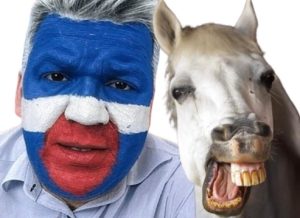
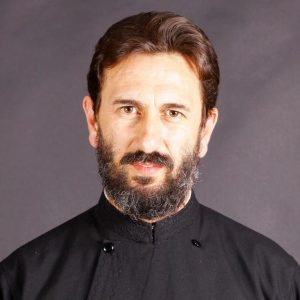
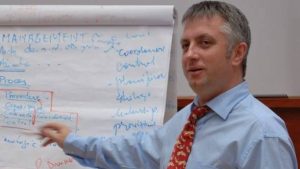
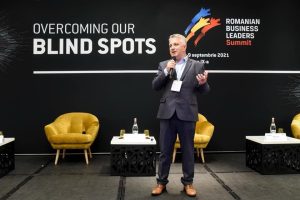
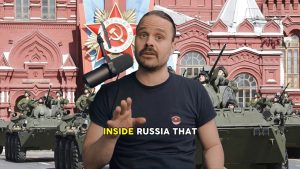
![marius-bostan-foto[1] marius-bostan-foto[1]](https://inliniedreapta.net/wp-content/uploads/elementor/thumbs/marius-bostan-foto1-qt9ywoo2b2lgv37b76h9qr5yo6db5vwzoxbuvd4e6o.jpg)

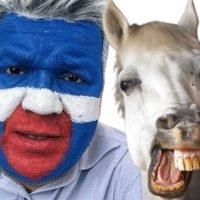
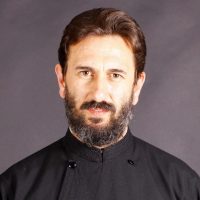
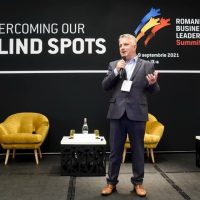
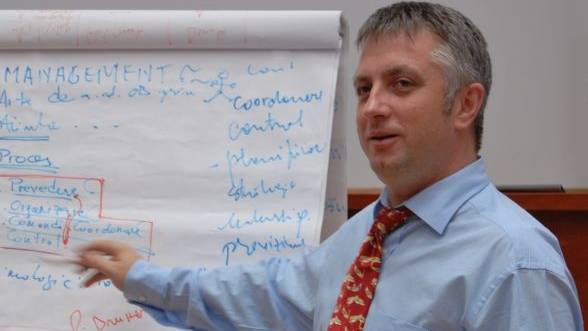
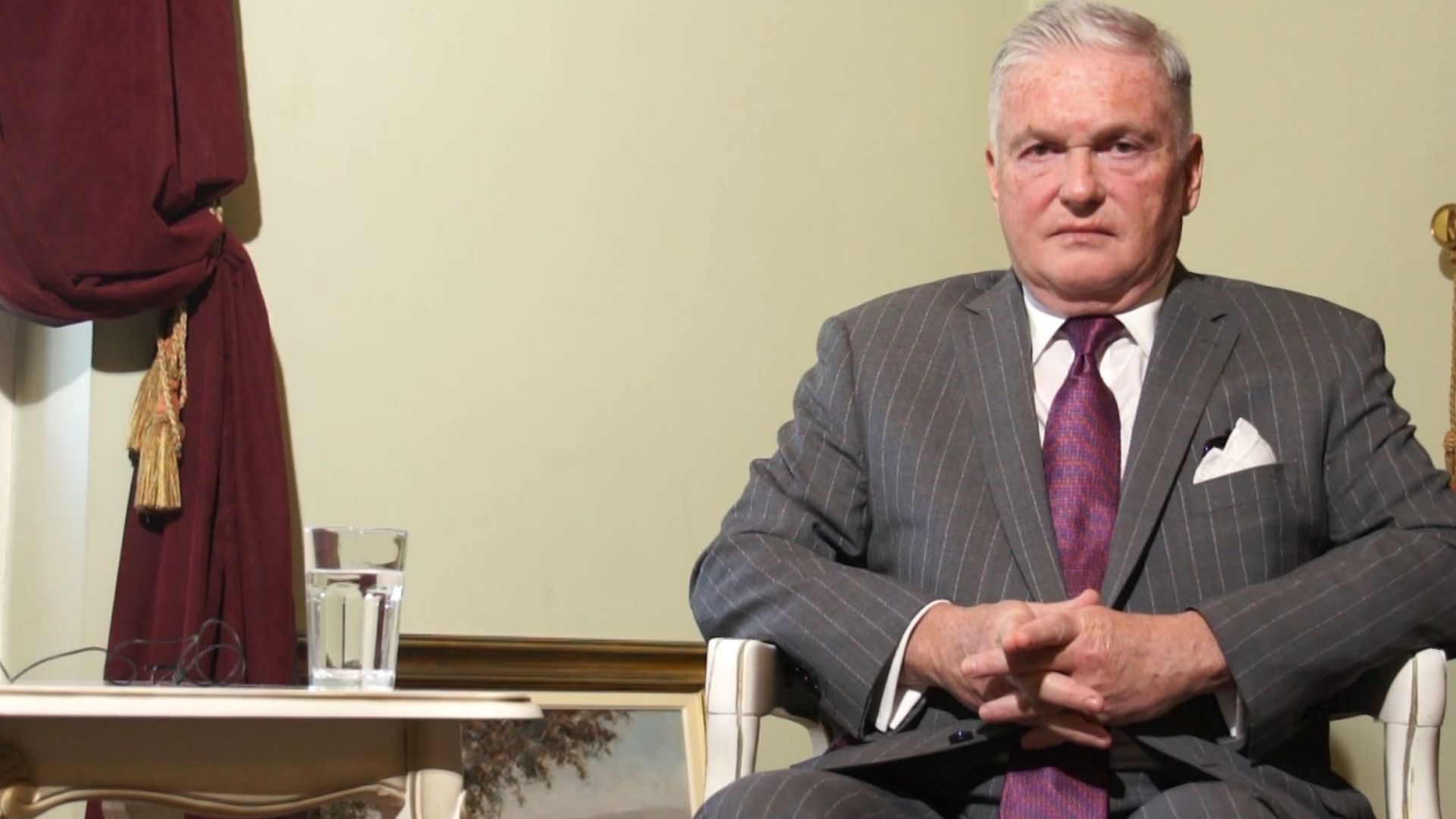

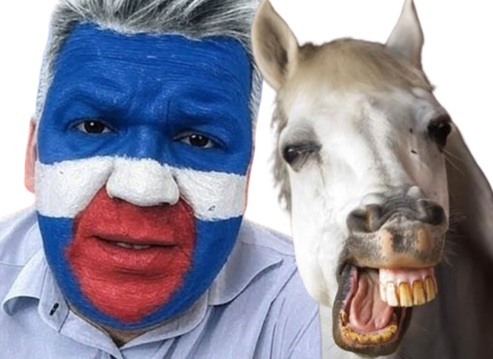
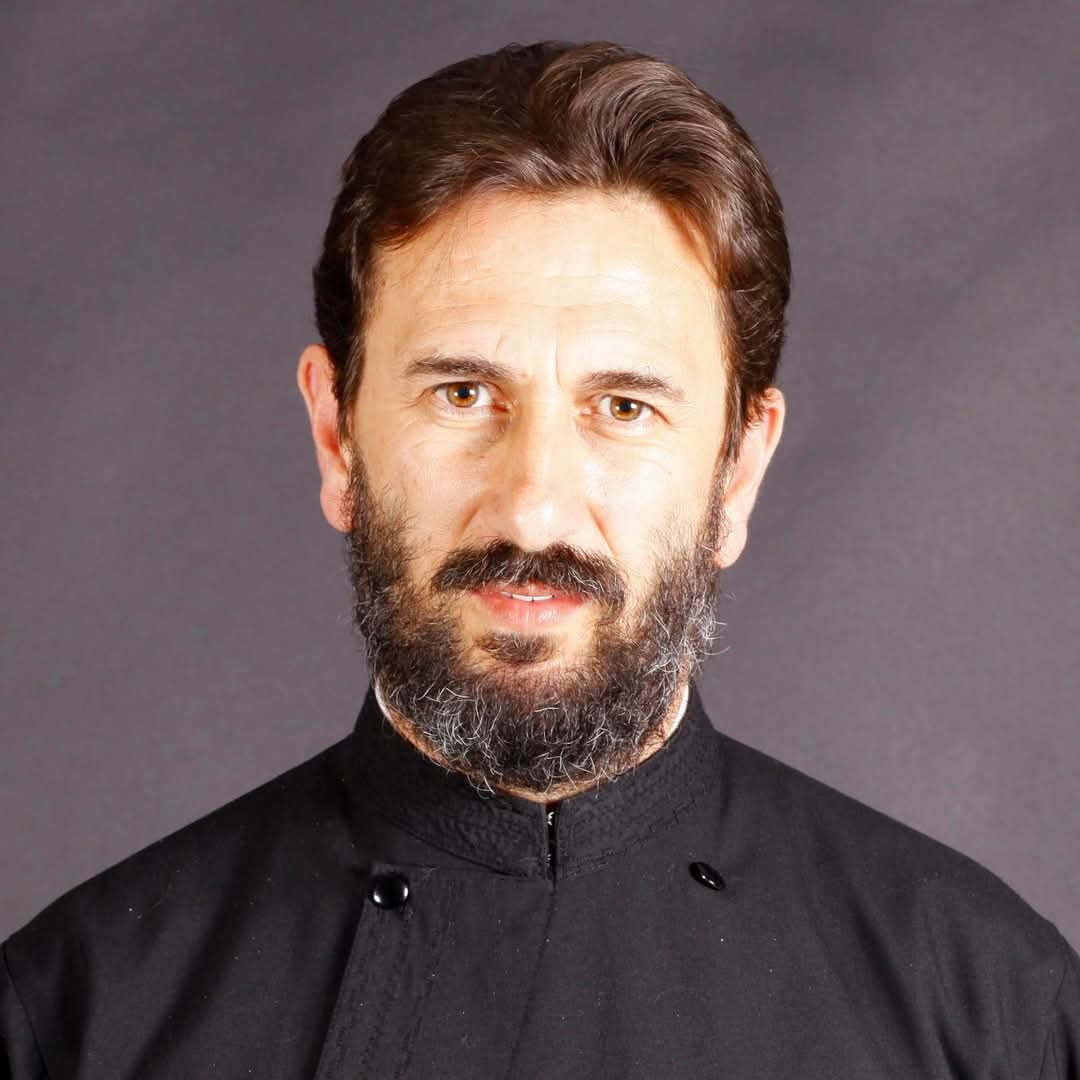
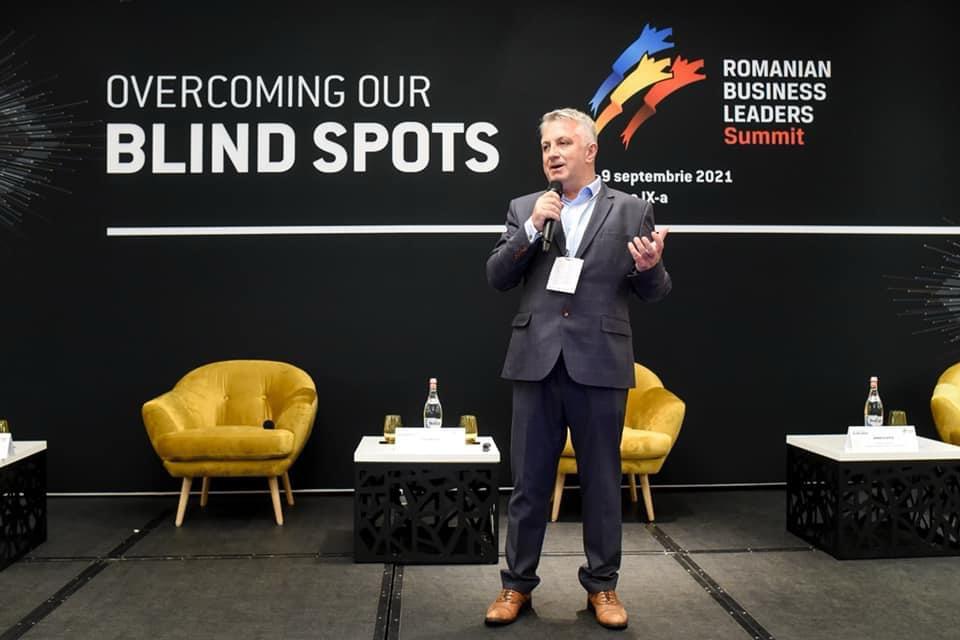
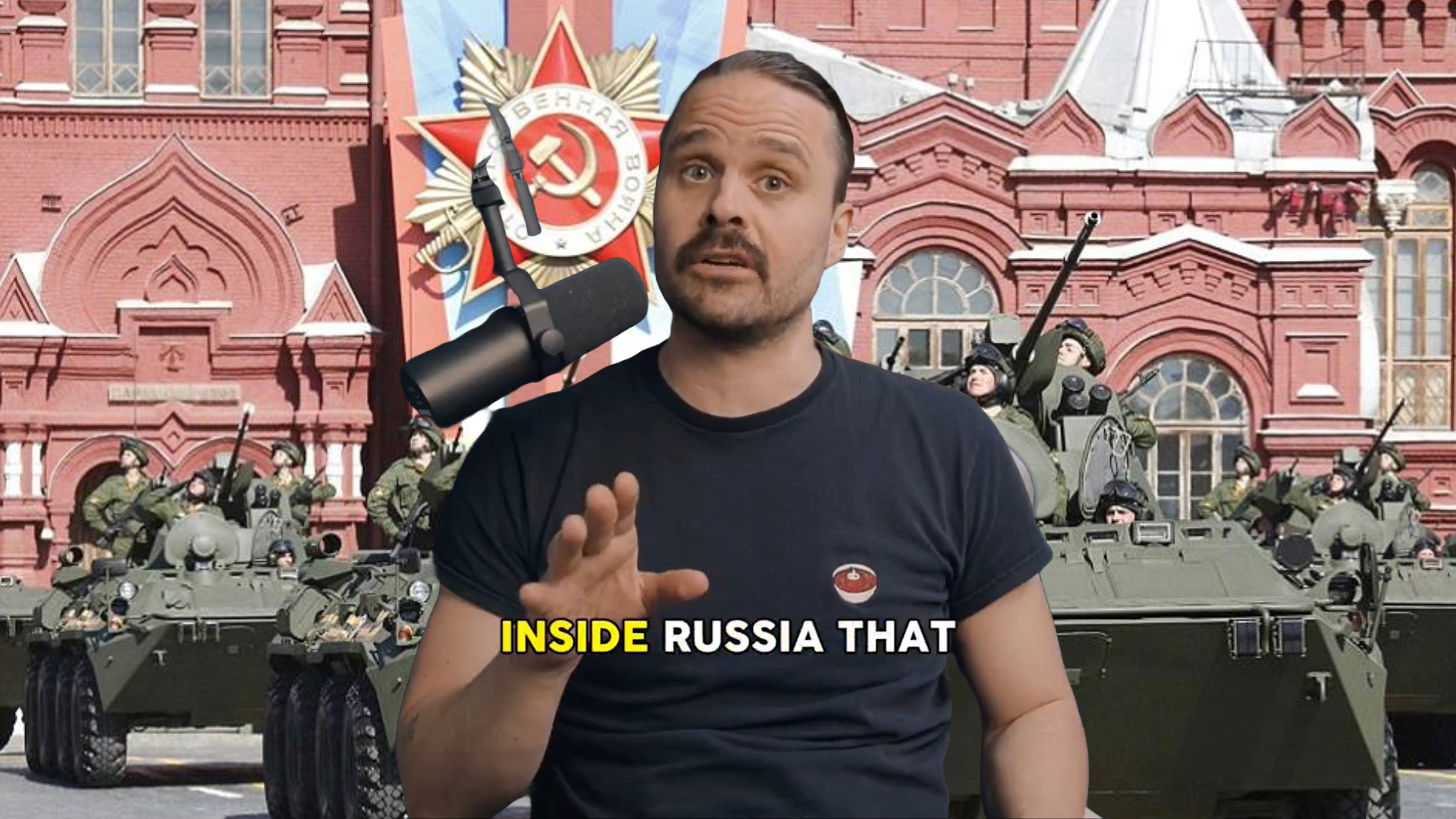

1 Comment
Imperialistu'
30 October 2007Cred ca am vazut in primavara asta, pe Youtube, un interviu cu Ed Husain. Numele nu l-am retinut, dar titlul cartii mi-a ramas in memorie. The Islamist . Intre timp mi-am schimbat considerabil punctul de vedere asupra distinctie islamist/ islamic, dar am ramas de parere ca orice marturie de acest gen este extrem de valoroasa. Noile generatii de musulmani europeni se radicalizeaza in continuu si multi neaga acest lucrui de o evidenta inspaimantatoare. De ce? Vorba emisiunii lu’ Gheorghe: „Politica, frate!” . Politica iresponsabila si ideologie oarba.